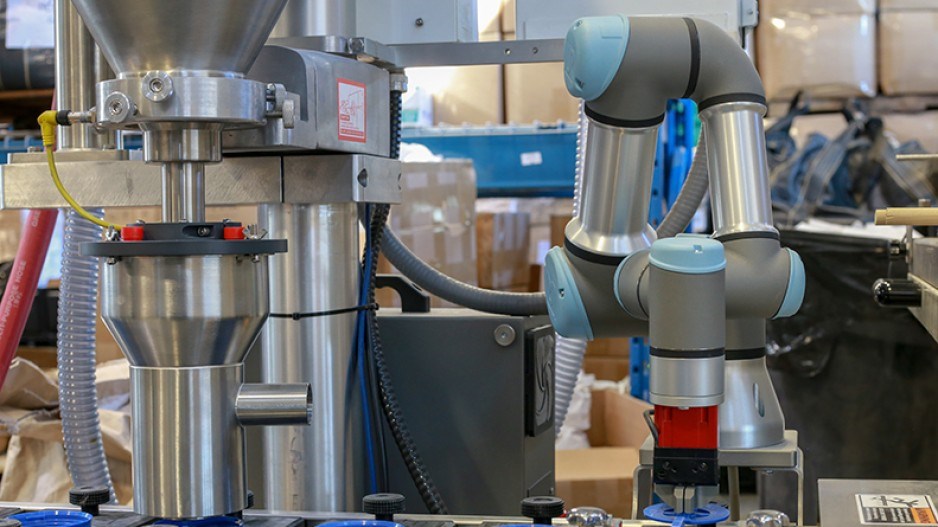In 2016, B.C.-based Santevia Water Systems was shocked to see just how much its manufacturing costs had skyrocketed.
The Delta-headquartered company makes water filtration products using Japanese technology to turn tap water into mineralized drinking water. It employs up to 25 people, with 100 outside sales brokers.
It had been relying heavily on Chinese companies to make its products up to 2016. That’s when the landed cost of its pitchers went up 47.5%; for single filters the increase was 47.7% and for its three-pack filters it was 51.9%, said Gonzalo Tudela, chief operating officer of Santevia Water Systems.
At the same time as the price increases, the company noticed many products were being delivered with quality-control issues. In one such instance, an entire shipment of pitchers was delivered with holes in the bottom, which spurred the company to revaluate its options.
“Because of the trade war that was happening with Trump, [Santevia] happened to make a go, no-go decision in 2017 when their designs were being finalized and they made a bet that said Trump was going to continue his protectionism,” said Tudela, who joined the company at the beginning of this year.
After consideration, Santevia partnered with local companies Columbia Plastics Ltd. and Vital Manufacturing Inc. to bring the manufacturing process to home soil.
Columbia is a Surrey-based injection moulding company that has been active since around 1945. The company employs roughly 70 people and is the main partner with Santevia. Columbia manufactures the pitcher in its entirety and creates shells for the filters.
Vital Manufacturing Inc., also based in Surrey, is the second partner, and provides custom automation equipment for Santevia’s internal production line. Vital designed and built a custom filter-filling machine for Santevia.
“There is definitely a push to manufacture locally and I believe most customers have experienced some bad experiences working with vendors overseas, whether it’s delivery issues or quality issues – it’s generally one of the two,” said Vital Manufacturing president Joshua Bradshaw.
“Because we are in the custom world, especially in B.C., a lot of customers have a creative or unique product so it doesn’t fit into the cookie-cutter, standard machinery. That’s where we come in, to build a custom solution for their product.”
Through a combination of in-house and blended assembly processes, Santevia developed its new Canadian product line, which it calls Mina – for “made in North America.”
Santevia posted 20% growth in sales to the U.S. from 2017 to 2018, and it anticipates another 20% increase in 2019.
According to Tudela, water filter company Brita has about 60% market share in the U.S. That would put the accessible market size in the U.S. at over $300 million. Clorox (Nasdaq:CLX), the parent company of Brita, had net sales of $6.1 billion in 2018. The Brita brand represents 3% of Clorox net sales, amounting to roughly $183 million in 2018.
Under its new manufacturing arrangement, Santevia enjoyed a cost reduction of 30% in pitcher filters and a cost reduction of 20% in stick filters in 2018. The company plans to move all of its remaining Chinese manufacturing into Canada by 2020.
U.S. tariffs imposed last year would have applied to 35% of the company's product sales. Instead, because of the firm’s new manufacturing arrangment, the tariffs applied to only 18%. Because of the combined savings, Santevia was able to upgrade the material into a new, high-quality plastic called Tritan.
“There is expectation in the market that China is always cheaper, and what I am seeing here is that it is not always the truth, and all of these savings are in addition to the 25% savings of not having to pay the border tax anymore,” Tudela said.
“It is something a lot of companies should look at.… There is more potential to manufacture local than meets the eye.”




